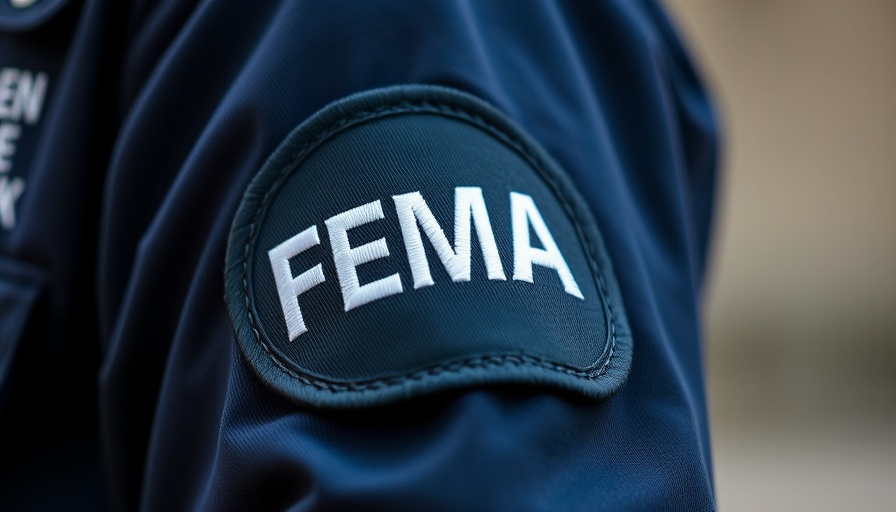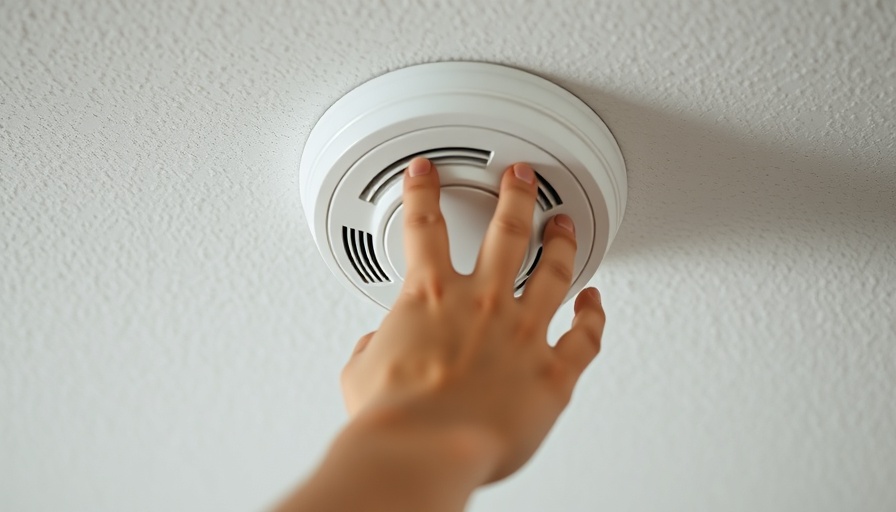
The Hidden Dangers After Disaster Strikes
When catastrophe hits, whether it’s wildfires, floods, or another calamity, the urgency to seek assistance can lead to critical vulnerabilities. Families in shock from losing their homes are often focused solely on immediate needs, which can make them prime targets for scammers posing as legitimate aid providers. Understanding the nature of these threats is essential for safeguarding not only your financial information but also your way out of a terrible situation.
Common FEMA Scams to Watch For
The environment of fear and uncertainty that follows a disaster is a breeding ground for different types of scams. Awareness is your best defense. Commonly reported scams include:
- Imposter Calls: Scammers may reach out claiming to be FEMA representatives, urging you to provide personal information or payment to receive aid.
- Application Fees: Legitimate FEMA applications are free. If someone is asking you to pay for your application, that's a red flag.
- False Emergency Numbers: Be cautious of anyone directing you to call unknown numbers for instant cash or hotel assistance.
Protecting Yourself from Scams
To avoid falling prey to these scams, it’s imperative to always verify the source. FEMA officials advise that direct applications and help should only be accessed through the official FEMA website. If you encounter unsolicited requests for money or personal information, take a step back and review the situation. Real relief means no fees involved, and any calls to action should lead to verified contacts.
Steps You Can Take Following a Disaster
Post-disaster recovery can be overwhelming, but staying informed about legitimate aid can provide peace of mind. Reach out to reliable resources, talk to local officials, and stay connected with community support programs. Awareness and communication are your allies in navigating these tumultuous times. Remember to take a breath and approach each step methodically to protect yourself and your family from fraudsters.
 Add Row
Add Row  Add
Add 




Write A Comment